Randall Abate, Assistant Dean for Environmental Law Studies at GW Law, delivered a lecture series on international environmental law and climate governance at Central Asian University of Environmental and Climate Change Studies (“Green University”) in Tashkent, Uzbekistan from May 20-30, 2024. Established by a presidential decree in 2023, Green University is the first university in Central Asia to focus exclusively on environmental challenges. It seeks to train the next generation of environmental and climate change governance professionals in Central Asia.

(L to R): Dr. Jasur Salikhov, Acting Rector, Green University; Suna Park, Advisor to the Minister of Ecology, Environmental Protection and Climate Change, Uzbekistan; Randall Abate, GW Law; Annie Liddell, Project Manager, National Climate Centre, Ministry of Ecology, Uzbekistan
Severe climate change impacts are evident in Uzbekistan and throughout Central Asia including excessive heat, droughts, floods, mudslides, and wildfires. Recently, Central Asian nations have played a more active role in regional and global climate governance initiatives. Uzbekistan is a leader in the region in making progress with the clean energy transition, though many challenges remain.
Dean Abate delivered ten lectures during his visit, including a public lecture on “Introduction to Climate Governance” in downtown Tashkent. Dean Abate’s lectures at Green University addressed several cutting-edge topics in international environmental law and climate change regulation including governance of stratospheric ozone depletion, the Polar regions, climate migration, climate geoengineering, and strategic climate litigation in the U.S. and around the world as a strategy to goad more effective climate governance. Over the two-week period, his lectures reached more than 150 in-person and online attendees from about a dozen universities in Tashkent, elsewhere in Central Asia, and outside the region. Attendees included professors, students, environmental professionals in the government and private sectors, and members of the public.

Interviews with media outlets throughout his stay helped deepen the impact of his visit. A news segment that UZ Report TV in Tashkent, Uzbekistan prepared during Dean Abate’s visit features excerpts from his “Introduction to Climate Governance” public lecture on May 23 and a brief post-lecture interview. The remainder of the segment from about the 5:00 minute mark to the end of the video features an in-depth interview held at Green University on May 27. The interview addresses the role of law in responding to the global climate change crisis and how human rights and adaptation concerns are gaining increased attention in climate governance. A print media story published by Kursiv includes Dean Abate’s responses to questions about climate change governance challenges in Central Asia and the Global South. He spoke to the need for the Global North to accept financial responsibility for climate change impacts in the Global South.

Throughout his visit, Dean Abate was delighted to witness the high level of interest and engagement on environmental governance issues in the lectures he delivered and in meetings with faculty and students. The visit served as a valuable foundation for potential future collaboration opportunities between GW Law and Green University. Dean Abate is grateful to Green University and the Organization for Security and Cooperation in Europe (OSCE) for hosting and supporting his rewarding and memorable visit.


